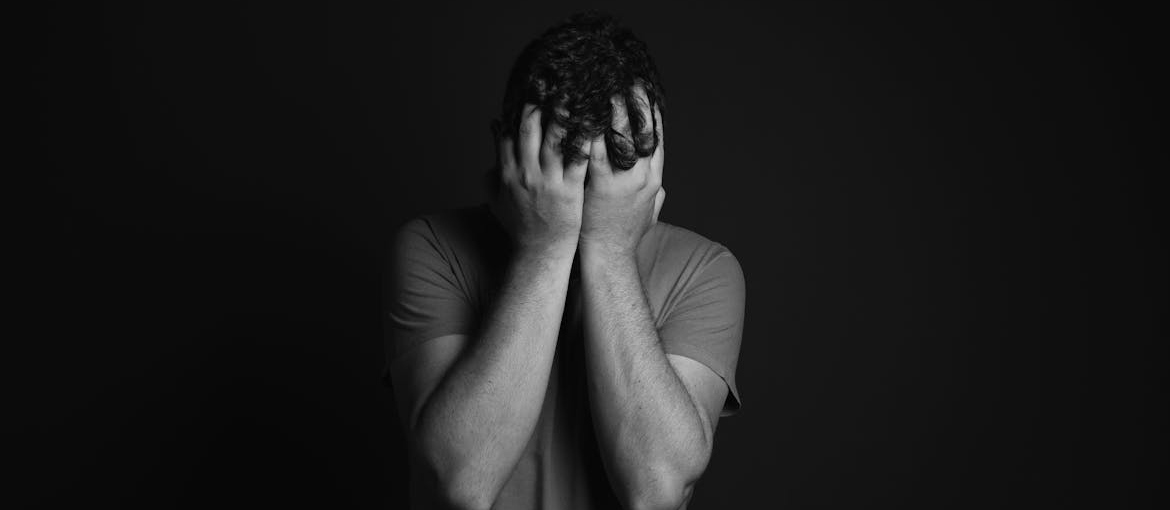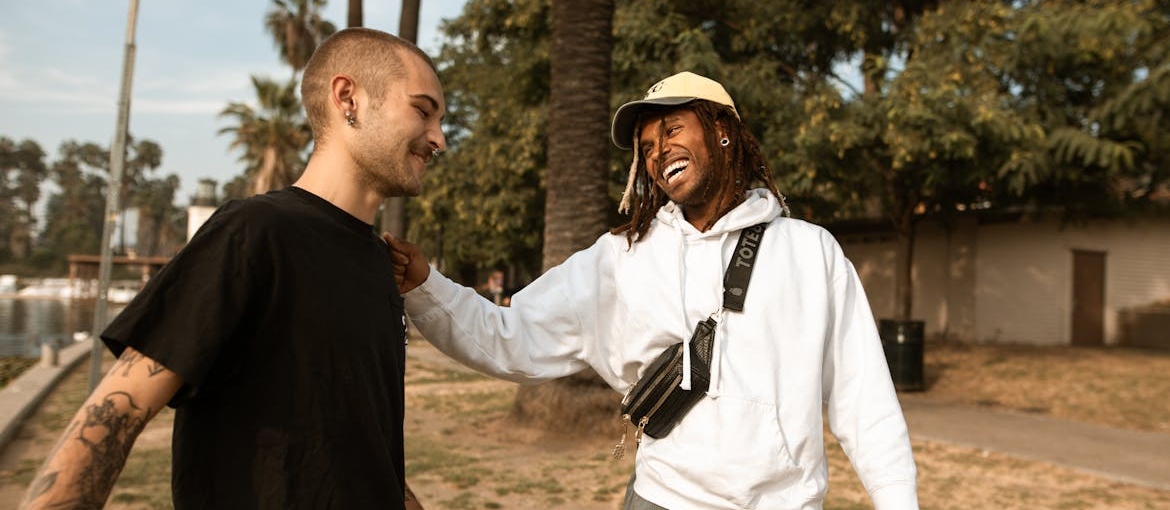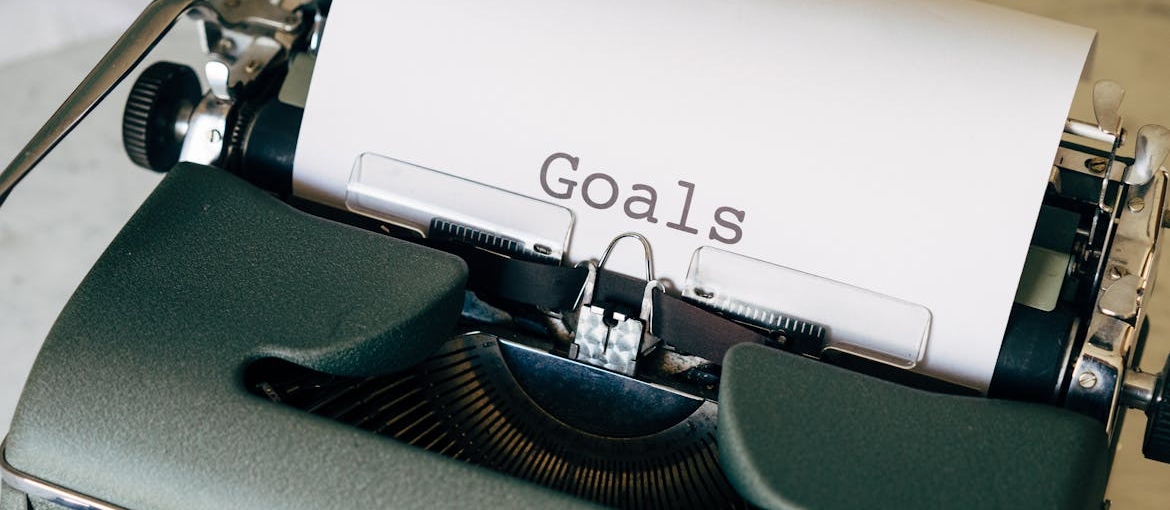Quitting alcohol is a major win, but sometimes, things still feel off. You’re sober, but you might feel stuck, angry, or like something’s missing. That’s often a sign of dry drunk syndrome. It happens when someone stops drinking but doesn’t feel better emotionally. If you relate to this, you’re not alone. These struggles are more common than people think, and they don’t mean you’ve failed. Many people experience this stage in recovery. It just means you may need more support. Some drug and alcohol treatment centers in West Virginia understand how this feels and know how to help. You deserve support that actually helps you grow—emotionally and mentally.
What Is Dry Drunk Syndrome?
Dry drunk syndrome happens when someone quits alcohol but still struggles emotionally and mentally. They may not drink anymore, but their thinking, attitude, and behavior still look like they did before. It’s not about failing at sobriety—it’s about not fully healing. Many people still face anger, guilt, shame, or low self-worth after quitting.

These feelings can lead to risky behavior, emotional outbursts, or isolation. Alcohol cravings may still come and go, especially when stress builds up. You might feel like you should be fine—but you’re not. That’s a clear sign something deeper needs attention. Signs of dry drunk syndrome in recovery aren’t always obvious at first, but they grow over time. Getting help can stop things from getting worse and help you feel like yourself again.
Common Signs of Dry Drunk Syndrome
Dry drunk syndrome often shows up in daily life. These signs might look familiar to people who’ve been through addiction before. Some are the same as the signs of a functioning alcoholic, even though the person isn’t drinking anymore. If these things feel true for you or someone you care about, it’s time to talk to someone:
- Irritability: Quick to snap or feel annoyed without clear reason
- Blaming: Blames others for problems instead of looking inward
- Isolation: Avoids people or activities that used to matter
- Restlessness: Feels bored, agitated, or stuck often
- Resentment: Feels angry toward others in recovery or treatment
- Dishonesty: Hides emotions or pretends everything is fine
- Mood swings: Shifts quickly from calm to upset
What Causes Dry Drunk Syndrome to Develop?
Dry drunk syndrome can develop when emotional healing doesn’t happen during or after quitting alcohol. Recovery is more than staying sober—it’s also about growing emotionally. If someone avoids therapy, ignores their feelings, or skips support groups, those old behaviors can return. It may not involve drinking, but it still causes harm. Some physical issues, like poor sleep or fatigue, can also make things worse. People often ask, how long does it take alcohol to leave your system, but the emotional part of recovery takes much longer. If these things are true, dry drunk syndrome may be developing:
- No support: Isn’t part of a recovery group or treatment plan
- Mental health: Has untreated anxiety, depression, or trauma
- No routine: Lacks structure or daily goals
- Bottled emotions: Avoids talking about feelings
- Resentment: Feels angry about being sober or what was lost
- Past pain: Unresolved grief, shame, or guilt blocks growth

How to Treat Dry Drunk Syndrome
Dry drunk syndrome doesn’t go away on its own. Emotional sobriety takes effort, time, and proper treatment. While someone may no longer drink, unresolved feelings and behaviors still need attention. A full recovery means healing both physically and mentally. In this section, you’ll find effective treatment options that support long-term progress. Each path helps reduce frustration, rebuild relationships, and improve day-to-day life. Here’s how people often treat dry drunk syndrome successfully.
Behavioral Therapy and Emotional Support
Therapy helps people face what’s under the surface of dry drunk syndrome. Quitting alcohol doesn’t fix everything. Many people still feel angry, anxious, or disconnected. Working with a licensed therapist creates space to explore past trauma, negative patterns, and ongoing stress. Cognitive behavioral therapy (CBT) is often used to change thought patterns and manage reactions.
For those needing structure, an intensive outpatient program West Virginia residents use can be a smart choice. It combines individual and group therapy several times a week. These sessions target emotional regulation, communication, and coping skills. The goal is not just staying sober but managing emotional sobriety after addiction. Therapy approaches for emotional sobriety focus on long-term personal growth.

Group Meetings and Peer Support Programs
One of the most helpful tools for dry drunk syndrome is regular connection with others. Alcohol rehab WV programs usually encourage ongoing peer support. Meetings like AA or SMART Recovery let people speak openly without judgment. Sharing helps reduce shame and replace it with understanding. When someone feels seen and heard, it’s easier to stay motivated. Dry drunk syndrome often shows up in isolation or resentment, and group support breaks that cycle.
Talking to others who’ve had similar struggles reminds people they’re not alone. These meetings also offer coping strategies for dry drunk symptoms. Group feedback builds trust and accountability. It helps people take responsibility for their emotions without blaming others. Many who recover say peer support helped them move forward when therapy alone wasn’t enough. Daily contact or weekly meetings can make a huge difference.
Medication for Co-occurring Disorders
Sometimes, dry drunk syndrome is linked to other mental health conditions. In those cases, medication might help manage symptoms that therapy can’t treat alone:
- Antidepressants: Help with low mood or hopelessness linked to dry drunk syndrome.
- Anti-anxiety medications: Lower anxiety and reduce emotional reactivity during stressful situations.
- Sleep aids: Improve sleep for those with restlessness, which often triggers emotional setbacks.
- Mood stabilizers: Support emotional regulation and reduce extreme reactions.
- ADHD medications: Address focus issues that increase frustration during recovery.
- Antipsychotics: Used in severe cases with hallucinations or disordered thinking.
When to Seek Help for Dry Drunk Syndrome
Some people don’t realize they’re struggling until things get worse. Dry drunk syndrome doesn’t always look obvious at first. But the signs usually build over time. If you feel stuck, angry, or disconnected in sobriety, it’s time to take a closer look. Getting help early can prevent relapse and emotional burnout. Here’s how to recognize when help is needed and what steps can move you forward.
Recognizing Red Flags in Recovery
Dry drunk syndrome can hide behind everyday stress. But there are signs that show something deeper is going on:
- Ongoing resentment: You feel angry at others for your recovery.
- Low motivation: You’ve lost interest in goals or activities.
- Blaming others: You avoid responsibility for your emotions.
- Mood swings: Your reactions feel intense or hard to control.
- Isolation: You avoid people or stop going to meetings.
- Risky behavior: You take chances that could lead to relapse.

Talking to a Therapist or Sponsor
If you’re noticing emotional shifts or feeling lost, talk to someone you trust. A sponsor or therapist can help you unpack what’s really happening. They’ve likely seen dry drunk syndrome before and know how to respond. A therapist may suggest new coping tools or a different structure for your day. Sponsors can help you stay accountable and remind you why you started.
Programs like alcohol rehab Clarksburg WV provides often offer outpatient support even after formal treatment ends. Talking things out early keeps small problems from growing. This isn’t about failure—it’s about staying well. Honest conversations are part of emotional growth. If you’re unsure where to start, begin with a check-in. A simple conversation can shift everything and lead you to the help you need.
Finding the Right Treatment Program
Sometimes, outpatient therapy or meetings aren’t enough. If emotional symptoms feel too strong or constant, it may be time for a structured program. A partial hospitalization program West Virginia facilities offer can be a good fit. These programs include therapy several hours a day, several days a week. That structure helps interrupt negative patterns and rebuild emotional stability.
What therapies help with dry drunk syndrome? CBT, DBT, and trauma-informed care are common approaches. These programs also connect people with medication support and group work. Recovery plans get tailored to each person’s needs. You don’t have to keep struggling in silence. The sooner someone enters treatment, the better the outcome. With the right help, emotional sobriety becomes manageable. Support, structure, and therapy can create real change—and peace.
Preventing Dry Drunk Syndrome After Quitting Alcohol
Avoiding dry drunk syndrome starts early in recovery. Staying sober is the first step, but staying emotionally healthy takes daily work. Without support and direction, many fall into old habits and thought patterns. That’s why prevention focuses on connection, purpose, and growth. These steps below help people build a better foundation and protect their emotional progress after quitting alcohol. Preventing relapse isn’t just about avoiding a drink—it’s about improving how life feels without one.
Building a Strong Support Network
Isolation feeds dry drunk syndrome. People often lose touch with others after quitting alcohol. That can create a sense of loneliness, frustration, or boredom. Building a strong support network keeps those feelings in check. A good support system might include friends, family, sponsors, or sober mentors. The more connected someone feels, the easier it becomes to handle setbacks.

A simple check-in call or a walk with a friend can shift an entire day. Support doesn’t mean constant supervision—it means people care. It means there’s someone to text when anxiety hits or when emotions feel too big. Having others around also makes victories feel more real. The sense of being seen and valued can replace the old feeling of needing to numb pain alone.
Setting Emotional and Life Goals in Recovery
People recovering from alcohol use often need structure to stay grounded. Goal setting gives them direction and purpose:
- Daily goals: Create a steady routine and keep the mind focused.
- Weekly goals: Help track emotional growth and build confidence.
- Social goals: Promote new relationships and strengthen existing ones.
- Physical goals: Support wellness through sleep, nutrition, and exercise.
- Therapy goals: Focus on specific issues like anger or resentment.
- Career or school goals: Build self-worth through progress and achievement.

Staying Committed to Mental Health Growth
Recovery isn’t just about not drinking. It’s about growing emotionally and staying involved in your own healing. Dry drunk syndrome often returns when people stop paying attention to their mental health. Journaling, therapy, group support, or mindfulness can help keep progress going. What are the symptoms of dry drunk syndrome? Things like resentment, boredom, mood swings, or acting out.
These signs show up when someone avoids emotional work. That’s why staying committed matters so much. Those who continue healing long-term often say it’s the mental health work—not just sobriety—that changed their lives. How does emotional sobriety impact recovery? It creates stability, deeper relationships, and a more hopeful view of life.
Don’t Let Dry Drunk Syndrome Hold You Back
Dry drunk syndrome can feel confusing and frustrating. You’ve quit drinking, but things still don’t feel right. That’s more common than people admit. Recovery isn’t just about alcohol. It’s about healing your mind and learning how to feel okay again. If you feel stuck or angry, don’t ignore it. Talk to someone. Therapy, support groups, or structured programs can help you move forward. There’s no shame in needing more support. What matters is how you respond now. Real change takes time, but it’s possible. You don’t have to go through this alone. With the right help, you can feel better—emotionally, mentally, and in everyday life. That’s how you grow past dry drunk syndrome.



